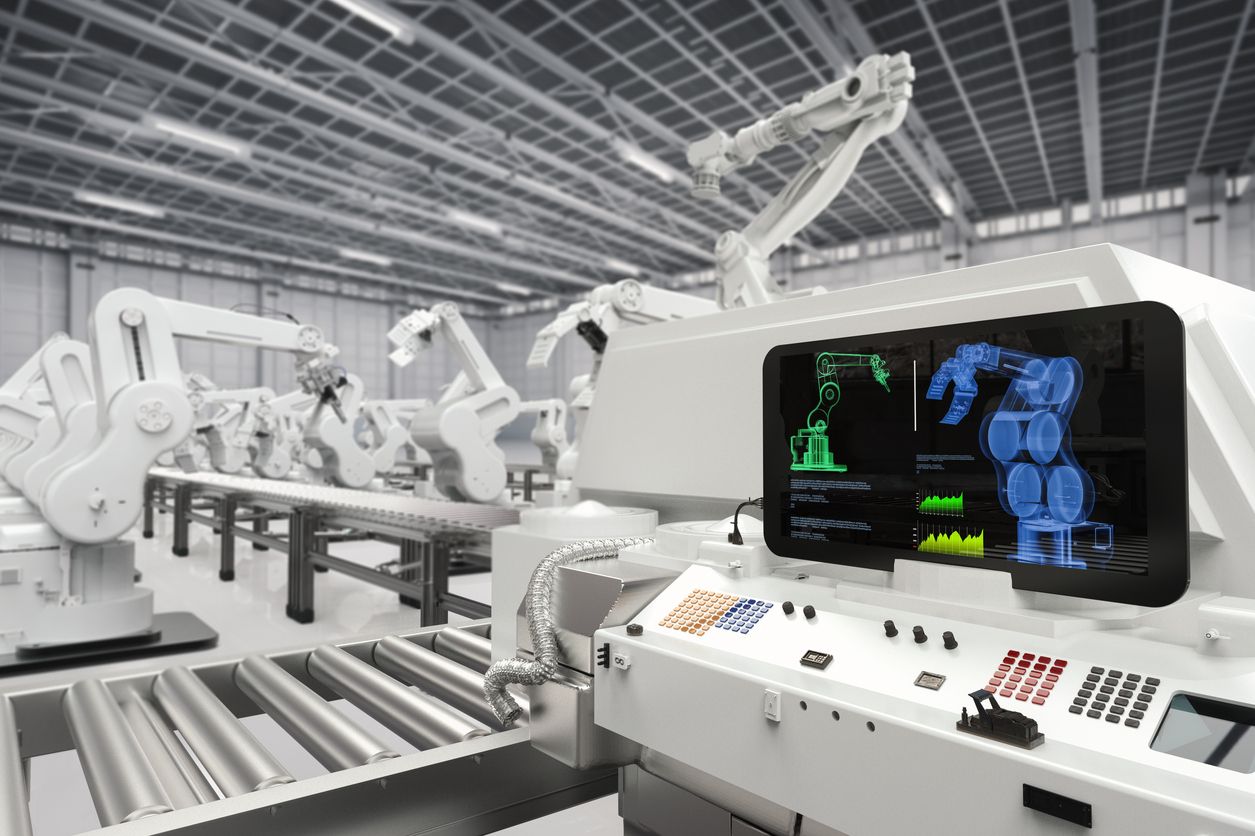
Capturing value upstream via IP, or downstream via application is key for manufacturers looking to survive when low-cost labour dries up
According to a 2017 McKinsey & Co. report, 10,000 Chinese firms operate in Africa, with one-third of them manufacturing companies. Many are midsize manufacturers without the critical mass to take on the big boys, and so decide to capitalise on Africa’s lower labour costs as those in China creep ever higher.
For Amos Leong, President and CEO of Singapore precision manufacturing firm Univac Group, it is a clarion call for the island state’s manufacturers to look beyond searching for the next low-labour cost locale.
“When [manufacturing] investors came to Singapore,” Leong recounts to Perspectives@SMU, “they give Singapore a spot in the value chain. This spot was in the middle. If you look at a value chain, the beginning of it is IP (intellectual property), design, technology, and at the other end it is ‘go to market’ via application and branding.
“Manufacturing is right in the middle and it seems very busy with lots of activity and generates good revenue. It’s the easiest place to be in a value chain because you’re told what to do. When you remain in the same spot for years in that value chain, you become a victim of your success. You stop thinking hard to go upstream into IP and technology or downstream to go to markets and applications; that’s the danger.”
Without owning the IP, all manufacturers could do was to hop from one low-labour cost location to another, as was the case when Singapore firms moved operations across the border into Malaysia, then to coastal China, and now further inland to places such as Wuhan.
“If your value is to provide a simple labour cost value-add, and you’re resigned to not reinventing yourself, then you’ll become obsolete pretty quickly,” warns Leong. “I don’t think a 20-man or 50-man SME cannot reinvent itself. It’s about looking at who’s doing value-add above and below me, and whether I’m willing to capture that value for myself. It’s not rocket science.
“One of the classic example is Foxconn. They didn’t become a giant overnight. They started with critical components like enclosures, providing the final assembly for PCs. Then they moved upstream doing SMTs (surface mount technology i.e. circuit boards), along with other critical components like displays. That’s a classic example. They went, ‘Ok, I can do something up, I can do something down.’”
He asserts: “That’s why I feel the people who survive are…those who are interested to know how value connects to one another i.e. ‘Are you willing to value-capture?’”
Hiring the right people with the right experience, Leong points out, is key to transforming a company. Leong also concedes that it means hiring globally, which poses challenges.
“When I was younger, I would say, ‘Hire anyone, anywhere. Hire the best.’ But there is a cultural context here. If you hire someone from the same country, you’re dealing with the same culture and upbringing, and the mindset is similar. It could also be a disadvantage, of course, but you have a lot of unspoken understanding.
“Why can’t the schools here produce what the industry needs? In Singapore, it is not natural for schools and industry to come together. Whereas in Germany and Switzerland they do a lot of that though apprentice programs, and in Japan, too.
“But you can’t hire yourself. You have to hire someone else who knows more than you to do something you can’t.”
Changing to manage change
For Leong, who trained as an electrical and electronics engineer and spent 17 years at Hewlett-Packard and Agilent Technologies in various capacity before taking the helm at Univac, being open to new roles is key to being a good manager.
“My first role was in procurement but it was technical procurement,” Leong recalls. “After several years I realised, ‘Maybe I want to go to the other end’. I went into sales. It was still technical because the competence is in the area of testing and manufacturing. I kept going deep. Once I got deep enough to understand parts of the value chain, I started getting into marketing.
“By doing it incrementally in a target area of expertise, you start picking up a lot of skills. These skills, when you bring them together, is management. You have to understand the value chain, and what works and what doesn’t. You start seeing the wider industry picture, why trends happen etc.”
After three decades in the manufacturing business and seeing the evolution from simple assembly lines to 3D printing and Big Data, Leong believes change management is the most important skill for future managers, especially in this transformation towards a digital economy.
“The last 20 years, the world has evolved so quickly with all the pervasive technology, change management is now key. No one likes change. Everyone wants to arrive. But when you arrive, you realise, ‘Hey! There’s another destination!’ It’s a treadmill.
“Moving forward, more and more managers will be faced with change rather than status quo. The change becomes a means of survival.”
Follow us on Twitter (@sgsmuperspectiv) or like us on Facebook (https://www.facebook.com/PerspectivesAtSMU)